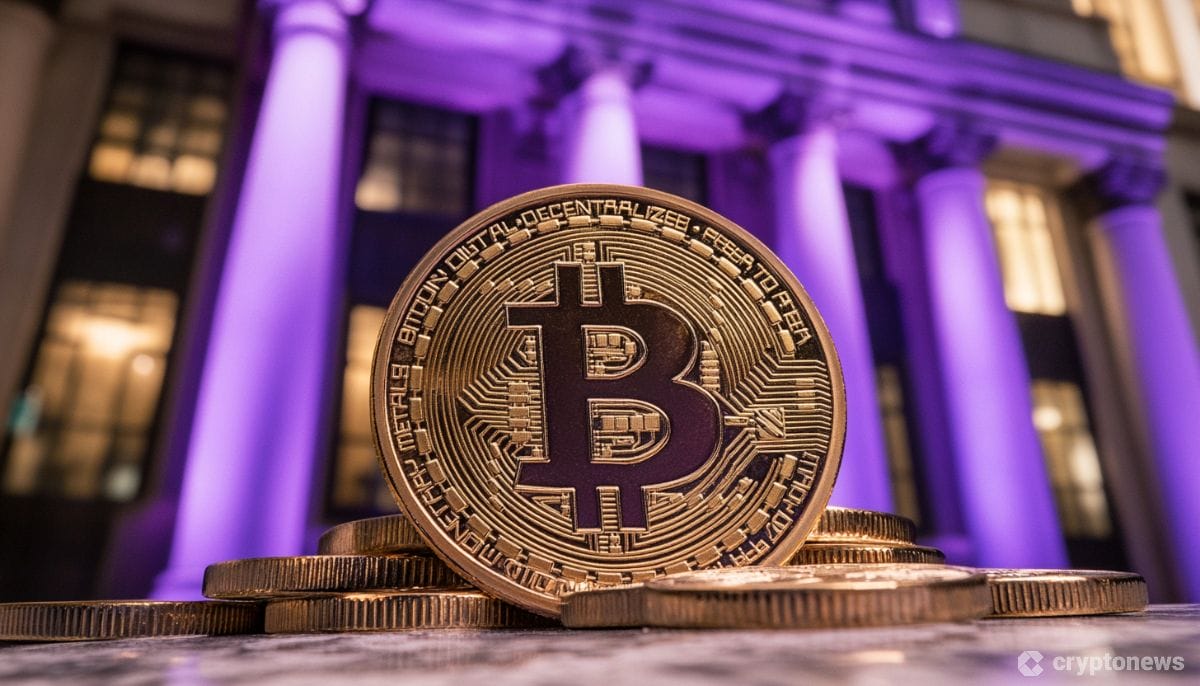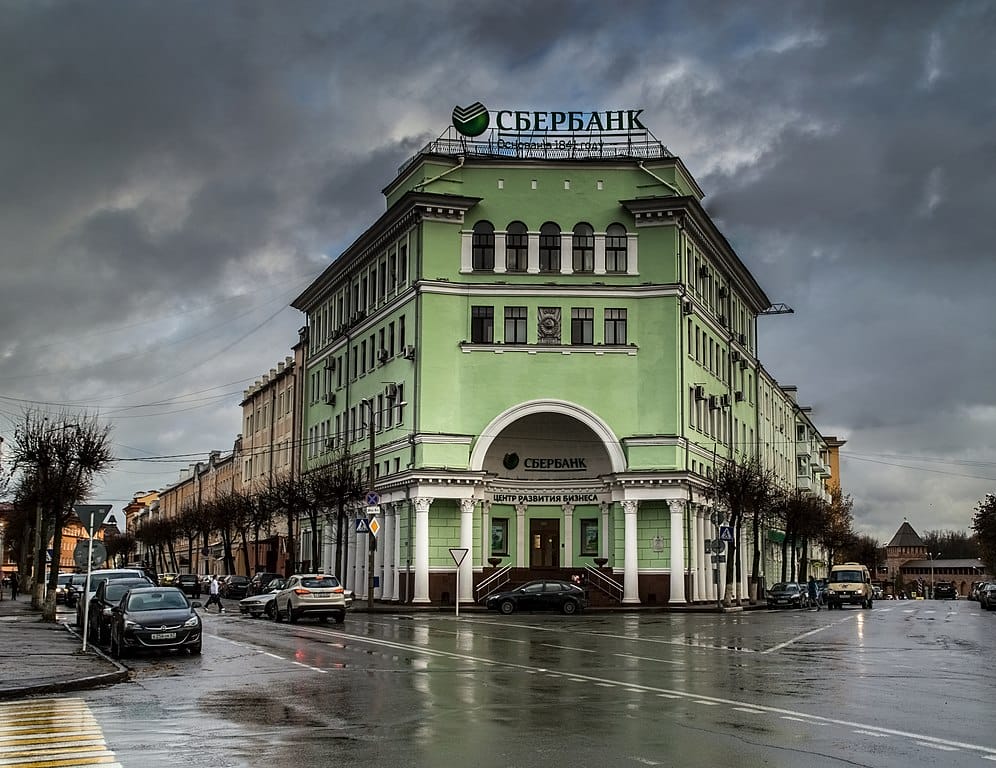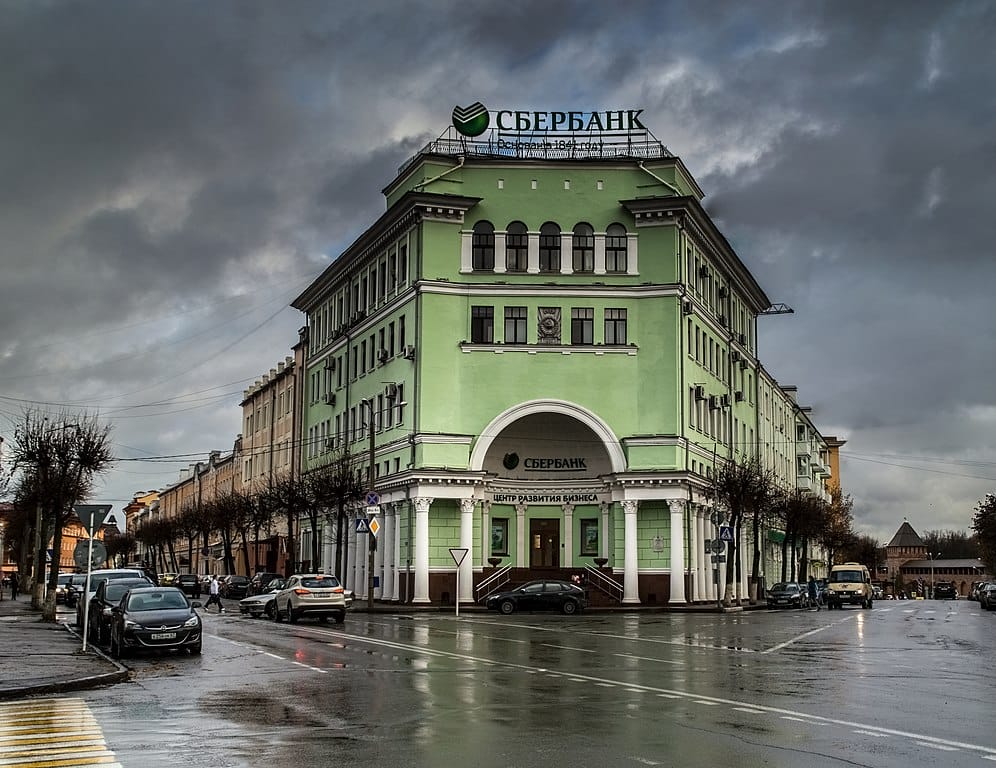Last updated:
 Why Trust Cryptonews
Why Trust Cryptonews

Russian banks reportedly want to join the Central Bank’s crypto pilot, as Moscow continues to look for token-powered methods to bypass Western sanctions.
Per Izvestia, “several leading credit institutions” want to test “new technologies.” Banks want to see if they can “create new” associated “products,” the outlet reported.
The head of the Association of Russian Banks (ABR), Anatoly Kozlachkov, called on the government to help create guidelines for banks hoping to work with crypto.
Russian Banks: Growing Crypto-keen?
“If the Russian authorities let companies trade in [crypto], then we need to understand what will happen to their balance sheets. For example, if banks are allowed to trade crypto, it will be necessary to draw up rules on how these assets should be stored. We will also need to know how much [crypto] companies are allowed to hold compared to other assets. And we will need to know how it can be sold, and so on. This will help us eliminate all risks.”
Anatoly Kozlachkov, Head of the Association of Russian Banks
And Kozlachkov claimed that such issues are easily “resolved in the banking sector.” He said the sector already “knows how to work with risks like these.”
Several top Russian Banks have previously spoken about their willingness to enter the crypto sphere.
Many have launched their own “digital financial assets” trading platforms. Some of these already offer hundreds of blockchain-powered investment options.
Some, like Sberbank, have even launched NFT trading operations. However, these do not yet trade in tokens on major public blockchain networks.
And some have indicated that they are ready to develop crypto exchange-like platforms. These platforms could let Russian firms trade with international partners using crypto as a remittance tool, they say.

What Is the Central Bank’s Crypto Sandbox?
The Central Bank has begun work on its own sandbox. This cross-border pilot project will allow a select number of Russian companies to pay for and sell goods and services using Bitcoin (BTC) and other tokens.
However, it is yet to announce how firms in the sandbox will go about buying and selling crypto.
Kozlachkov said that crypto is a “modern digital” innovation, meaning associated platforms “just need to be launched calmly to limit possible risks.”
The ADB chief went on to claim that the same principle also “applies to individuals” in the crypto space.
He said that Russians could “be allowed to trade cryptocurrencies if they can meet existing criteria that qualify them as professional investors.”
Failing this, Moscow may create “new, more stringent, and more specialized” criteria for the crypto space.
Crypto investors “must understand that cryptocurrencies can have such strong volatility that assets could lose all their value [at any time],” Kozlachkov said.
The ADB chief concluded that if the government were to “allow” crypto trading, regulators would need to apply “an ultra-conservative approach to transactions.”




